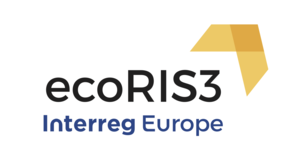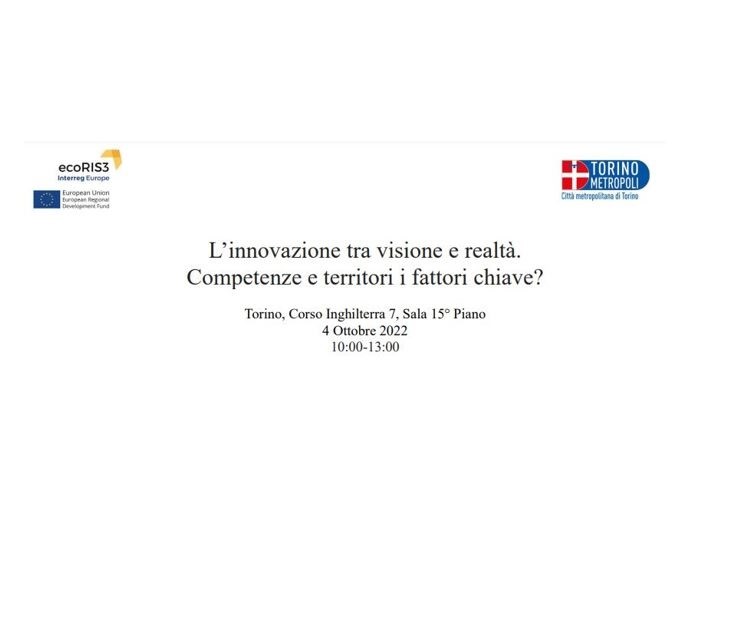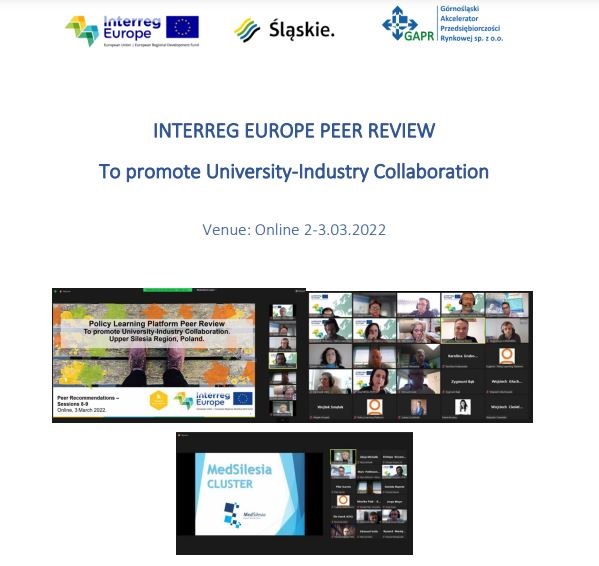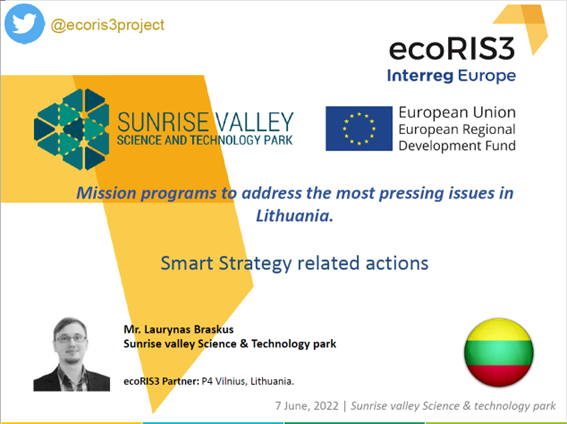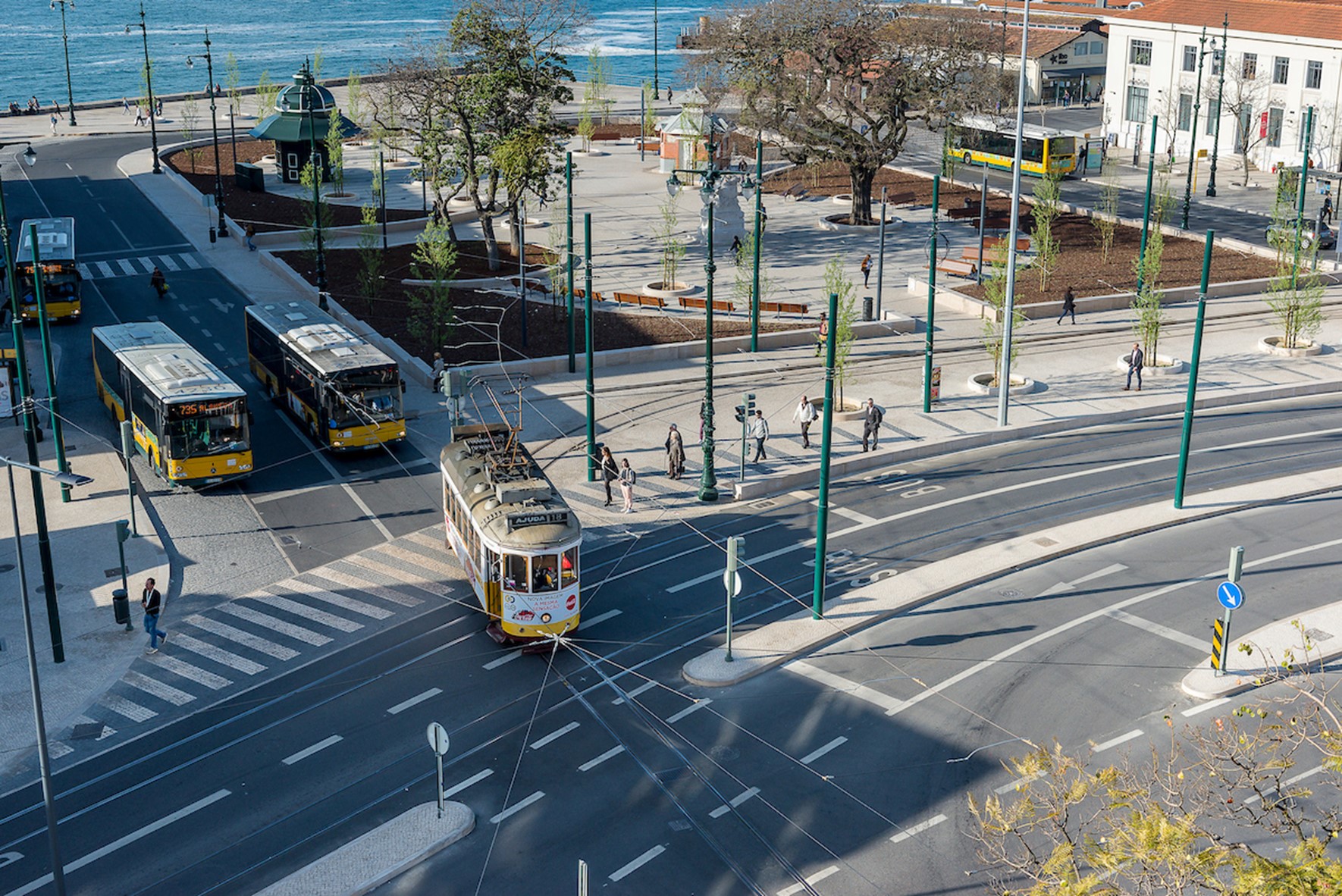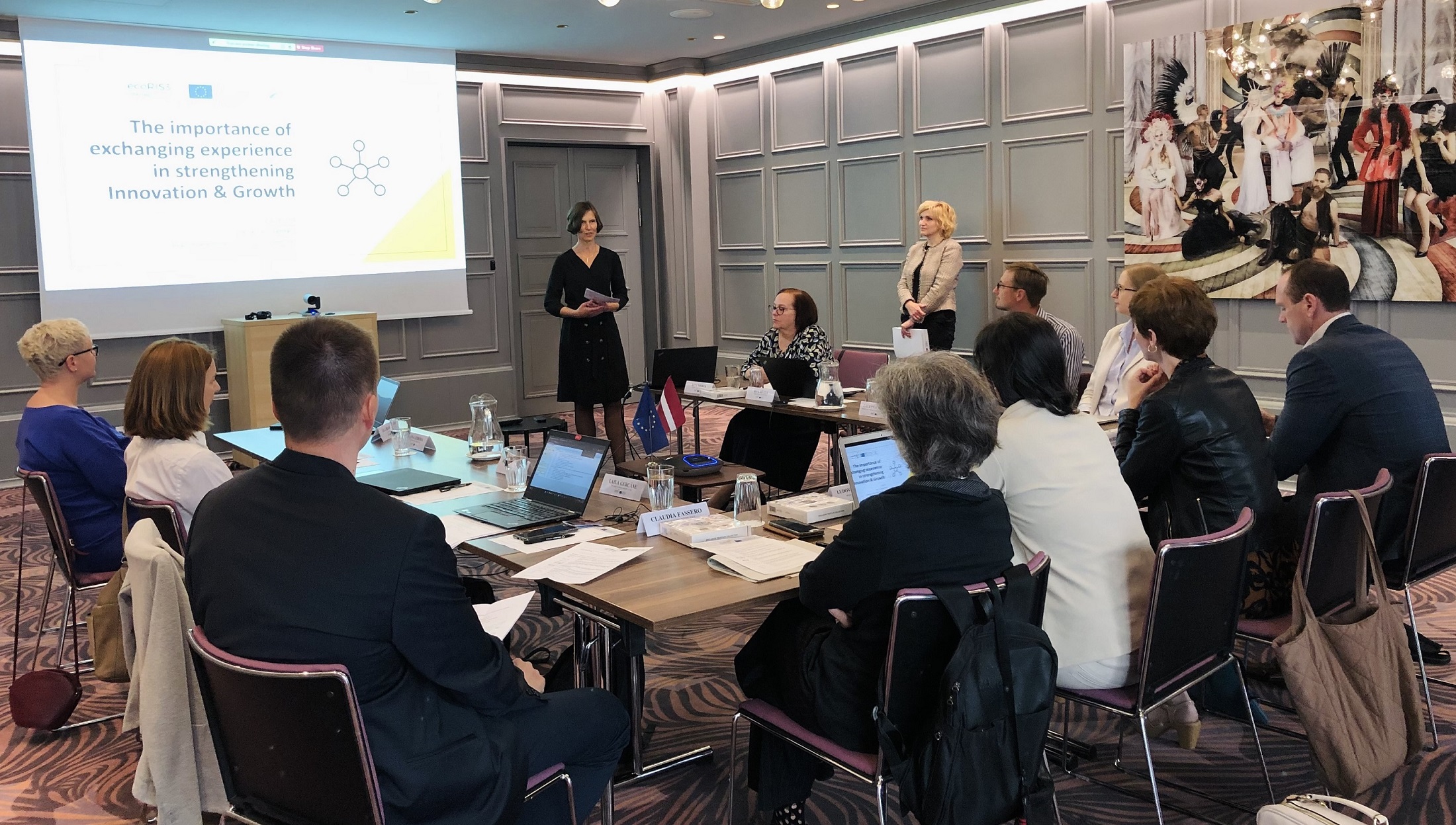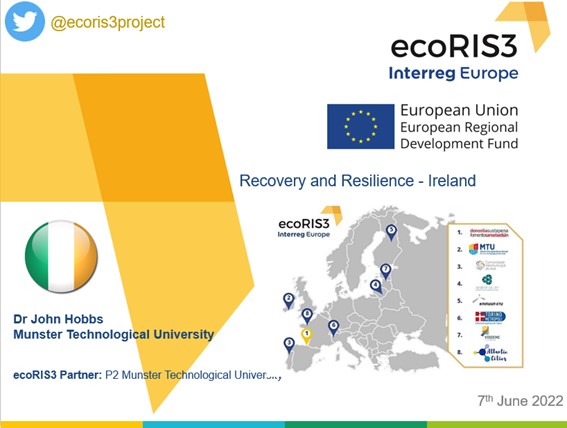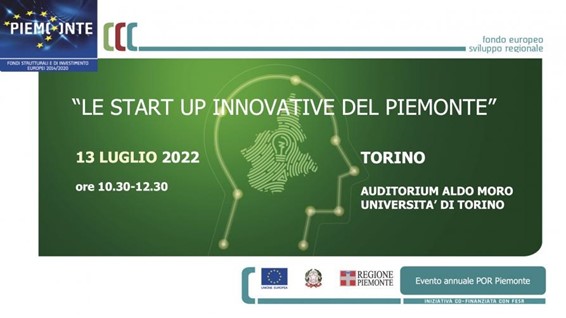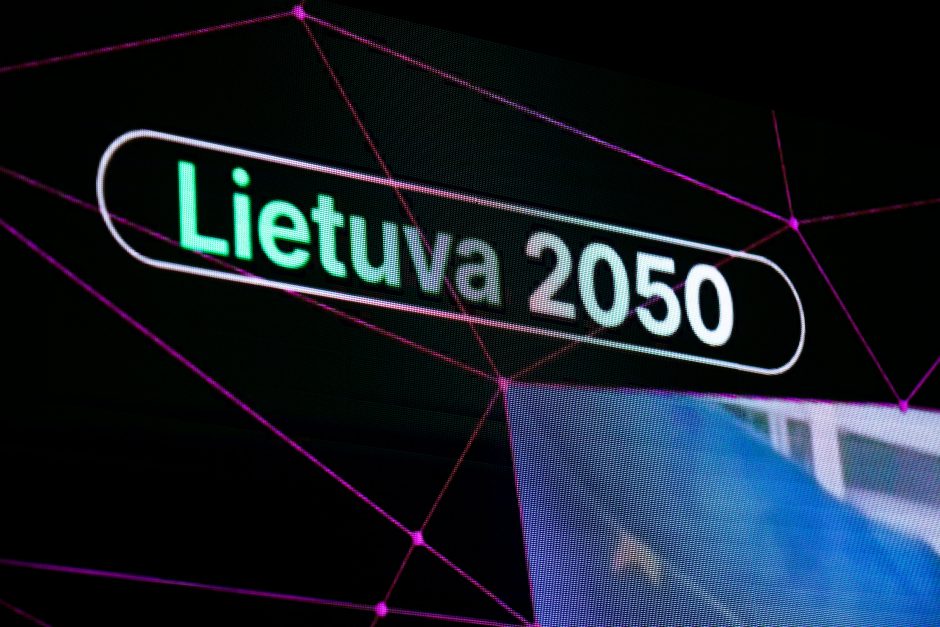Vidzeme region lies in the North-East of Latvia and is the biggest according to its territory - it covers 15 257 km2 or 24% of the territory of Latvia. The number of population in the region is around 240 thousand. To ensure regional planning and coordination, as well as cooperation between municipalities and different governmental institutions, Vidzeme Planning Region (VPR) was established in 2006. Its mission is to coordinate and promote long-term and well-balanced development of the Vidzeme region. As Latvia has become one of the countries where the emigration has harmed regional development, it is essential for regions to seek innovative ways and sectors to bring new investors and develop an attractive environment for entrepreneurship and living.
The initiatives for Vidzeme region are defined in the VPR Sustainable Development Strategy 2030. It is said in the strategy that “in the following years Vidzeme has to develop research and innovation for business in areas, where the region has the highest smart specialization potential”. The strategy foresees and plans the development of a sustainable business and innovation environment and the development of a sustainable economy as its priorities. One of the priorities, defined in VPR Development Programme 2015 – 2020 (VPR Development Programme) intends to improve entrepreneurship and innovation environment. Therefore VPR plays an active role to promote and reinforce smart specialization of the region. We are committed to the development of a regional policy that responds to the specifics of the site, calling for the development of regional and local support instruments for innovative entrepreneurship.
By involving various regional stakeholders in the discussion on innovation ecosystem development, draft conclusions have been marked - though there are appropriate state policies developed (however lacking synergetic integration, since being developed and implemented by several different ministries and government agencies), they are not sufficient enough to boost innovation capacity and uptake in SMEs, especially in the regional context. Appropriate support mechanisms are missing, which would be based on regional needs and obvious advantages. Decentralized methods should be used when shaping development strategies and financial instruments for entrepreneurship support.
One of the most significant challenges of the region is a transfer of innovation and technological knowledge produced by the research organizations and higher education to the local and regional businesses and vice versa – how to support research organizations and educational system by research subjects and business interests proposed by entrepreneurs. Interdisciplinary collaboration is a key to rapid growth, particularly in regional areas of smart specialization. In its Development Strategy 2030 VPR has defined areas with the highest smart specialization potential for the sustainable innovation and economic growth and competitive advantage. But the questions remain – what are the most effective collaboration mechanisms among research and entrepreneurship players, how to promote smart specialization, who should orchestrate the process and where to find sufficient capacities to facilitate, identify, propose innovation, and mediate between business and research environments innovation and technological development processes?
VPR is certain that thanks to the international partnership and cooperation in the ecoRIS3, Latvia and especially Vidzeme will develop a common policy that will serve as a good motivation for interdisciplinary cooperation and innovative regional development. So VPR slogan “The only way is up” is realized in practice.
